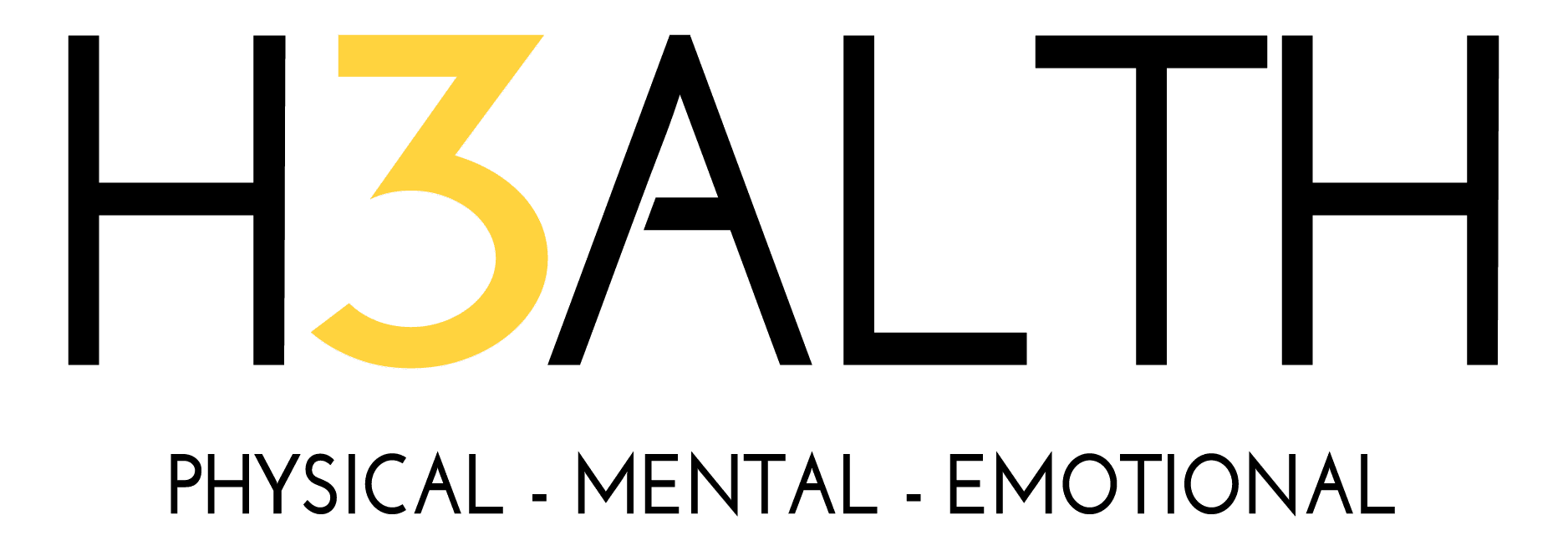
There are countless nutrition myths that have been perpetuated over the years, leading many people to make misguided dietary choices. In this blog, we will examine one of the most persistent nutrition myths: the idea that all fats are bad for you.
For decades, the idea that a low-fat diet is the key to good health has been popularized in the media and in mainstream health advice. This advice has led many people to avoid fats altogether, or to choose low-fat or non-fat versions of their favorite foods. However, this approach to nutrition is based on a myth that all fats are inherently unhealthy.
The truth is, fats are an essential part of a healthy diet, and cutting them out altogether can actually be detrimental to your health. Fats are important for a variety of bodily functions, including energy storage, hormone production, and nutrient absorption. They also play a key role in maintaining healthy brain function and supporting the immune system.
While it is true that some types of fats are less healthy than others, it is important to recognize that not all fats are created equal. Saturated and trans fats, which are often found in processed and fried foods, are associated with an increased risk of heart disease and other health problems. However, unsaturated fats, which are found in foods like nuts, seeds, and oily fish, have been shown to have numerous health benefits.
One type of unsaturated fat that has received a lot of attention in recent years is omega-3 fatty acids. Omega-3s are a type of polyunsaturated fat that are found in oily fish like salmon, as well as in plant-based sources like flaxseeds and chia seeds. Research has shown that omega-3s can reduce inflammation in the body, lower the risk of heart disease, and support brain health.
Another type of fat that has been unfairly demonized is cholesterol. Cholesterol is a type of fat that is produced naturally in the body, and is also found in animal products like meat, eggs, and dairy. While high levels of cholesterol in the blood are associated with an increased risk of heart disease, it is important to recognize that dietary cholesterol does not necessarily lead to high cholesterol levels in the blood. In fact, many people can safely consume moderate amounts of cholesterol-rich foods as part of a healthy diet.
So, what does all of this mean for your diet? Rather than avoiding all fats, it is important to focus on choosing healthy fats and avoiding unhealthy ones. This means including plenty of unsaturated fats in your diet, such as those found in nuts, seeds, avocados, and fatty fish. It also means limiting your intake of saturated and trans fats, which are often found in processed and fried foods.


